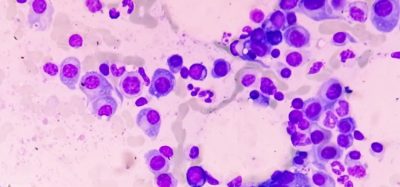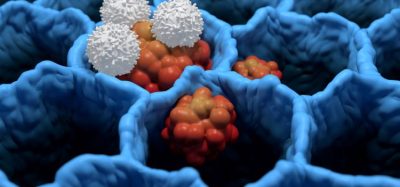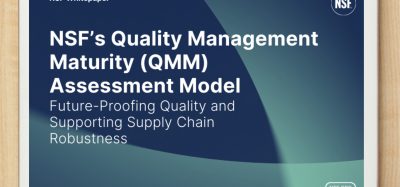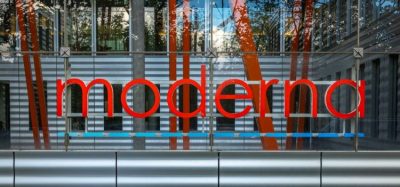COVID-19 mRNA vaccine technology transfer hub to be set up in South Africa
Posted: 22 June 2021 | Hannah Balfour (European Pharmaceutical Review) | No comments yet
A South African consortium will be the first to establish a COVID-19 mRNA vaccine technology transfer hub to scale up vaccine production and access.
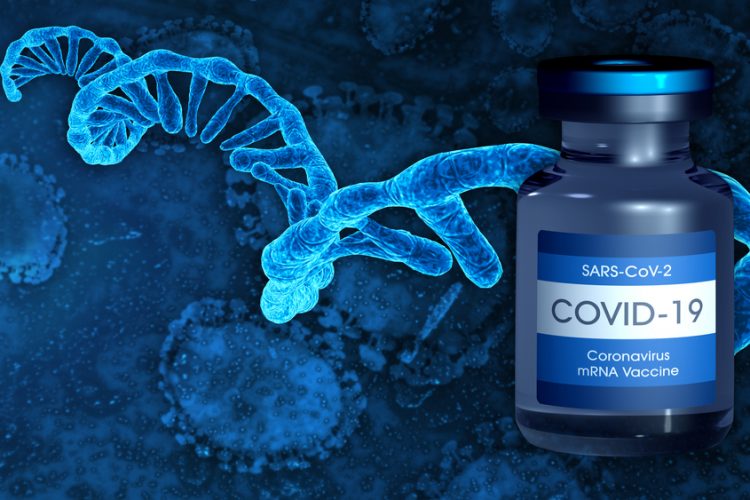

The World Health Organization (WHO) and its COVAX partners are working with a South African consortium to establish the first COVID-19 messenger RNA (mRNA) vaccine technology transfer hub to scale up production and access to vaccines. The consortium includes Biovac, Afrigen Biologics and Vaccines, a network of universities and the Africa Centres for Disease Control and Prevention (CDC).
The move follows WHO’s global call for Expression of Interest (EOI) in April 2021 to establish COVID-19 mRNA vaccine technology transfer hubs to scale up production and access to COVID vaccines.
Over the coming weeks, the partners will negotiate details with the Government of South Africa and public and private partners inside the country and from around the world.
South African President Cyril Ramaphosa commented: “The COVID-19 pandemic has revealed the full extent of the vaccine gap between developed and developing economies – and how that gap can severely undermine global health security. This landmark initiative is a major advance in the international effort to build vaccine development and manufacturing capacity that will put Africa on a path to self determination. South Africa welcomes the opportunity to host a vaccine technology transfer hub and to build on the capacity and expertise that already exists on the continent to contribute to this effort.”
“This is great news, particularly for Africa, which has the least access to vaccines,” said Dr Tedros Adhanom Ghebreyesus, WHO Director-General. “COVID-19 has highlighted the importance of local production to address health emergencies, strengthen regional health security and expand sustainable access to health products.”
Technology transfer hubs are training facilities where the technology is established at industrial scale and clinical development performed. Interested manufacturers from low- and middle-income countries can receive training and any necessary licenses to the technology. WHO and partners will bring in the production know-how, quality control and necessary licenses to a single entity to facilitate a broad and rapid technology transfer to multiple recipients.
The technology transfer hub will benefit from the Medicines Patent Pool’s (MPP’s) vast experience of intellectual property (IP) management and issuing of IP licenses. MPP is also assisting WHO to negotiate with technical partners and supporting in the governance of the hubs.
Under the proposed collaboration, Biovac – a biopharmaceutical company – will act as developer and Afrigen – a biotech company – will act as manufacturer, while the consortium of universities providing mRNA knowledge and Africa CDC, technical and regional support.
Additional hubs
The South African hub is just one of the 28 offers generated so far to provide technology for mRNA vaccines, host a technology hub or both. There have been 25 expressions of interest from low- and middle-income country respondents who could receive the technology to produce mRNA vaccines.
Over the coming weeks, WHO will continue the rolling evaluation of other proposals and identify additional hubs, as needed, to contribute to health security and equity in all regions.
Through the COVAX partnership, WHO will continue its assessment of potential mRNA technology donors and will launch subsequent calls for other technologies, such as viral vectors and proteins, in coming months.
WHO is also hosting the Local production forum this week, to identify strategies to expand pharmaceutical manufacturing capacity in low- and middle-income countries for COVID-19 and other priority diseases.
Related topics
Biologics, Drug Manufacturing, Production, Supply Chain, Vaccine Technology, Vaccines, Viruses
Related organisations
Africa Centres for Disease Control and Prevention (CDC), Afrigen Biologics and Vaccines, Biovac, COVAX, The World Health Organization (WHO)




